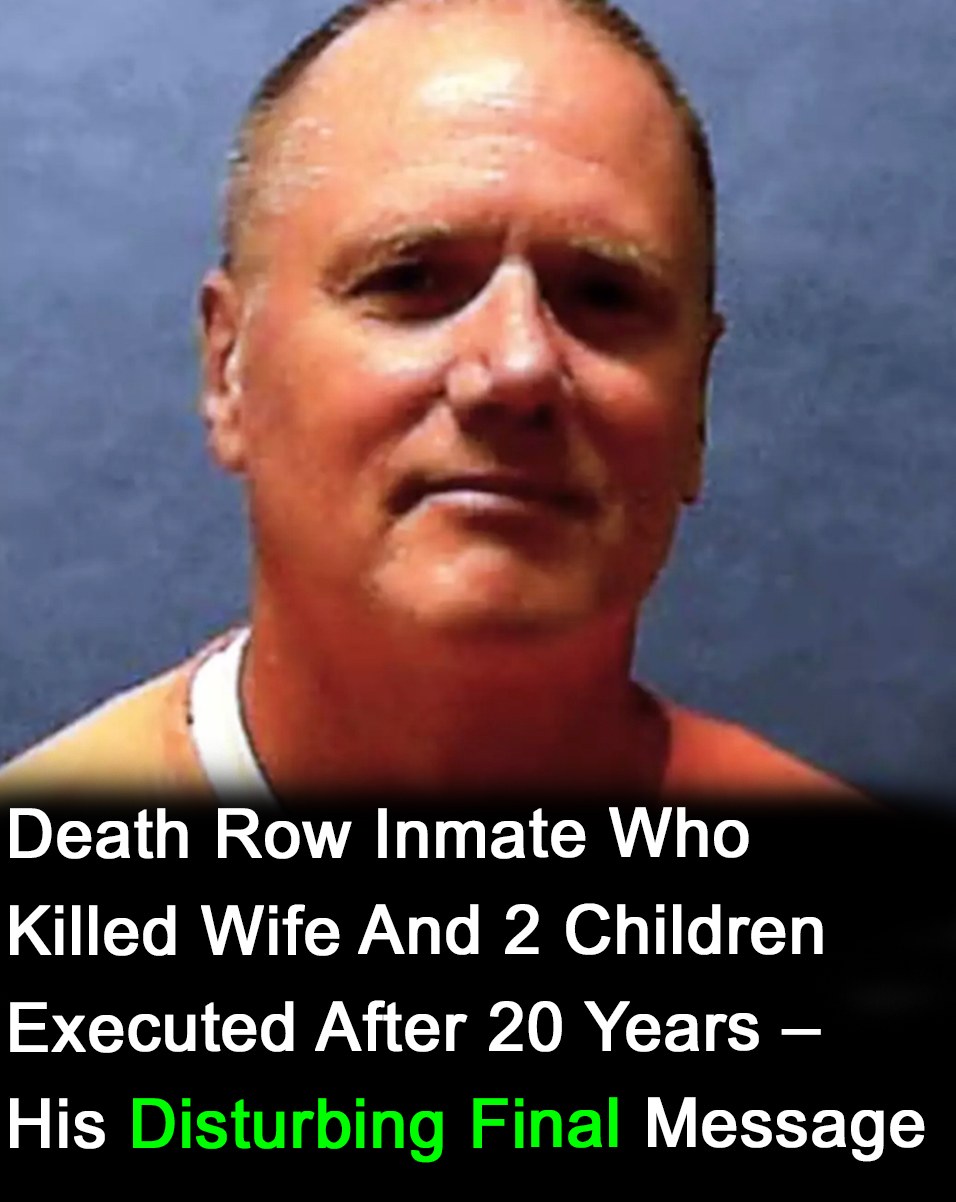Zakrzewski’s case, while now closed, continues to raise broader questions about the death penalty’s application, its long timeline from conviction to execution, and the impact on the families involved.Florida Executes Edward Zakrzewski, Marking Record Year for Capital Punishment in State
Edward Zakrzewski, a Florida inmate convicted of a triple homicide in 1994, was executed on July 31, 2025, at Florida State Prison in Starke. The case, which gripped the nation decades ago, concluded after more than 30 years of appeals and legal proceedings.
Zakrzewski, 60, was convicted of killing his wife, Sylvia, and their two children—7-year-old Edward and 5-year-old Anna—in Okaloosa County in June 1994. According to court documents and trial records, the attack occurred after his wife sought a divorce. Prosecutors said he assaulted Sylvia before turning the weapon on the children. The jury later heard that Zakrzewski had expressed a desire to prevent the family from separating.
After committing the crimes, Zakrzewski fled to Hawaii, living under an alias in a remote religious community. His presence there was eventually discovered, leading to his arrest and return to Florida to face trial. He was sentenced to death and had remained on death row ever since.
His execution by lethal injection was carried out shortly after 6 p.m. Eastern time. According to official reports, the procedure used a three-drug protocol that includes a sedative, a paralytic agent, and a drug to stop the heart. Zakrzewski reportedly remained calm and offered a final statement prior to the administration of the drugs.
This execution is Florida’s ninth of the year, making 2025 the most active year for capital punishment in the state since the death penalty was reinstated in 1976. The previous record, set in 2014, was eight executions. Florida currently leads the nation in executions for the year, followed by Texas and South Carolina.
The state’s recent pace of executions has drawn attention from legal analysts and human rights advocates. Florida officials have defended the actions, citing longstanding legal processes and court approvals in each case.
Zakrzewski’s case, while now closed, continues to raise broader questions about the death penalty’s application, its long timeline from conviction to execution, and the impact on the families involved.

